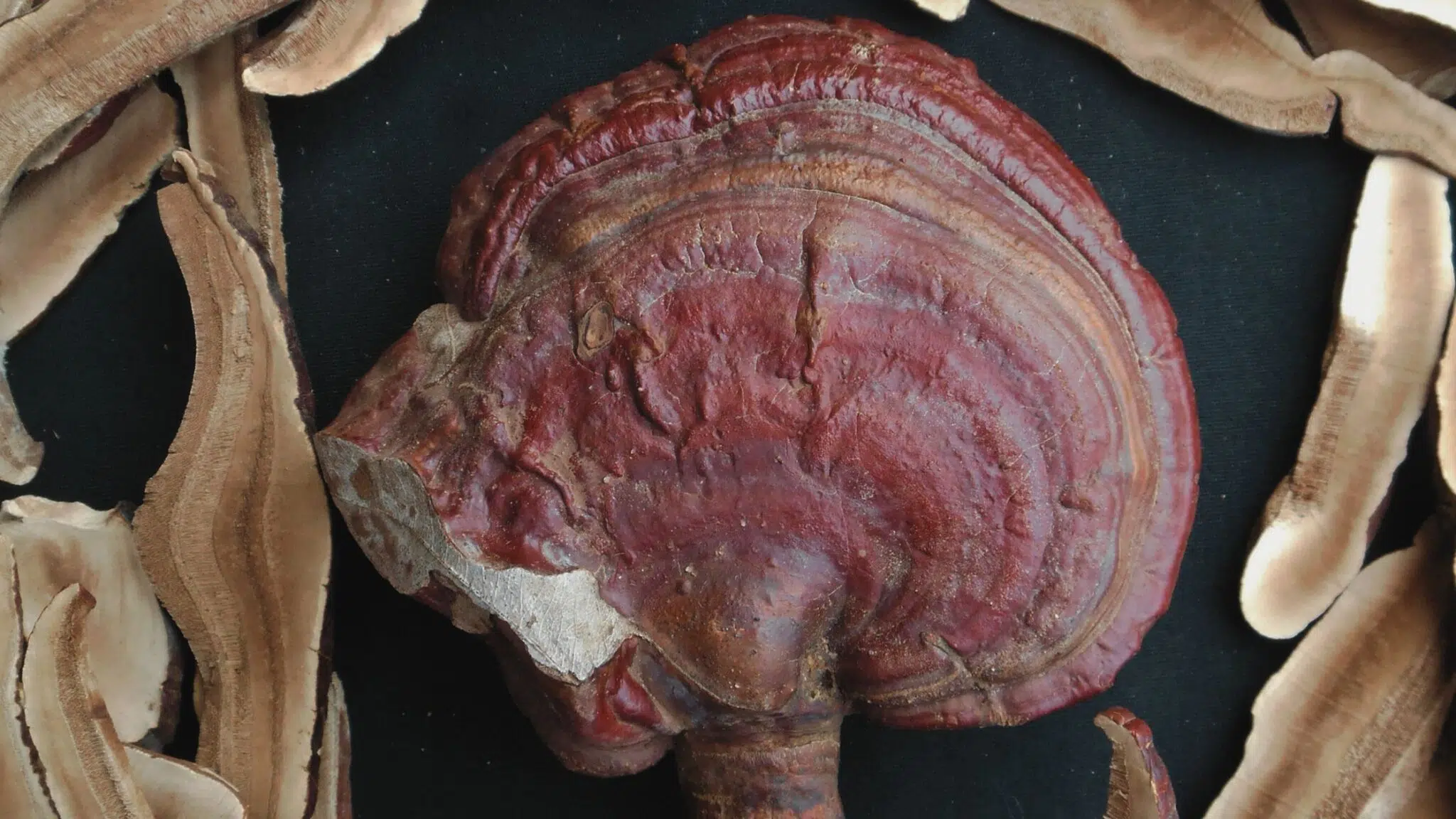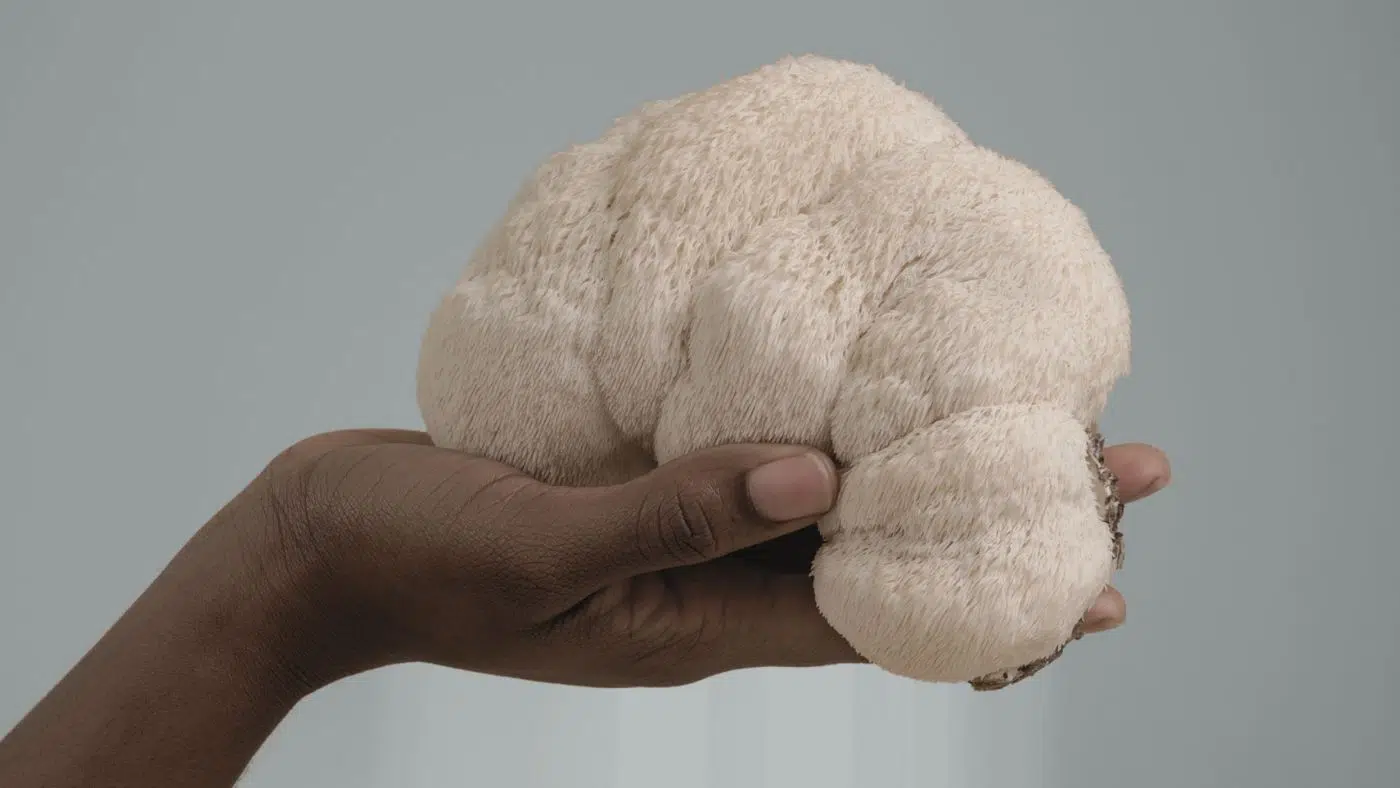Functional Mushrooms: The Natural Way to Restore Balance and Energy

Summary
Modern life challenges hormonal balance through chronic stress, poor sleep, irregular eating, and digital overload. Functional mushrooms—bioactive species like Reishi, Cordyceps, Chaga, and Lion’s Mane—offer natural ways to support the endocrine and nervous systems. Unlike synthetic drugs, these adaptogenic mushrooms help modulate the stress axis, stabilize cortisol and testosterone levels, improve sleep, and strengthen resilience. Reishi regulates stress and sleep. Cordyceps supports testosterone production and mitochondrial energy. Chaga provides antioxidant protection for hormonal stability. Lion’s Mane connects the brain, nerves, and hormones through NGF and BDNF stimulation. Together, they represent a modern, evidence based approach to hormonal health that bridges traditional mycology and longevity science.
Functional Mushrooms and Hormones: Natural Allies for Balance, Energy, and Longevity
In a perfect world, my cortisol would be neither too high nor too low, and my testosterone would remain at the level I need for an active lifestyle, even in old age. But the modern world wears us down, and our lifestyle constantly challenges our hormones. Stress, irregular meals, lack of sleep, and digital overload strain the finely tuned interplay of hormones and neurotransmitters.
Fortunately, nature provides functional allies. Functional mushrooms can support the hormonal system naturally, and research is increasingly providing solid evidence for this. Thankfully, more and more scientists are dedicating their work to these unique organisms and their effects on the human body.
From “Medicinal Mushrooms” to Functional Mushrooms: Time for an Update
Before diving deeper into the topic, we need to talk about the terms “vital” and “medicinal mushrooms.” These labels are marketing relics from the 1990s, deliberately created for the baby boomer generation, at a time when the German Nutrition Society (DGE) still recommended “generous consumption of grain products and potatoes” [1].
Today, in the age of longevity research, evidence-based medicine, and artificial intelligence, it’s time for a reframing that does justice to these mushrooms. The term “functional mushrooms” from English is increasingly replacing older terminology.
Functional mushrooms more precisely describe what this is about: bioactive compounds with measurable effects on the human body. They are mushrooms whose components go beyond basic nutrition and can have positive impacts on multiple body systems.
Many of these mushrooms are classified as adaptogens – natural helpers that support the body in adapting to stress. Unlike pills that target single symptoms, adaptogens modulate our stress axis (the system of hypothalamus, pituitary gland, and adrenal glands), which releases cortisol during stress. Adaptogens help ensure that this axis neither overreacts nor underreacts, allowing us to better manage stress and maintain internal balance.
The Top 3 for Your Hormonal System
It is estimated that between 700,000 and 1.5 million fungal species exist on Earth [2], highlighting how little we truly know. Only a small fraction of these species are documented, and even fewer have been scientifically examined. This immense diversity shows that the exploration of functional mushrooms is still in its infancy [3].
In this article, I want to introduce three species that have already gained scientific attention and impressively demonstrate how functional mushrooms can support hormonal balance and stress regulation.
Reishi (Ganoderma lucidum): The Hormone Regulator
Reishi is known as the “Mushroom of Immortality” (Lingzhi) for good reason. With more than 400 identified bioactive compounds, including triterpenes such as ganoderic acids and polysaccharides (β-glucans), it directly influences the stress axis – the interplay between the hypothalamus, pituitary gland, and adrenal glands [4].
Reishi’s Influence on Hormones
Reishi is said to have a regulating effect on hormonal processes. Herasymets describes Reishi as an immunomodulator that may help stabilize hormonal balance and support overall homeostasis [5], including endocrine functions.
Further studies suggest that Reishi components may, in certain contexts, influence hormone levels, such as supporting testosterone regulation [6]. These mechanisms might also indirectly improve sleep quality, though more studies are needed to confirm this.
Reishi’s Influence on Sleep
Several sources indicate that Reishi can positively affect sleep. In a randomized, controlled trial, Gracián-Alcaide et al. [7] reported that a polysaccharide extract from Ganoderma lucidum significantly reduced insomnia severity in patients with neurasthenia. Animal studies also found that Reishi extended total sleep time and non-REM sleep [7].
Cordyceps: Energy and Balance for the Hormonal System
Cordyceps (Cordyceps sinensis) is increasingly studied for its effects on energy, endurance, and hormonal balance. The key bioactive compound, cordycepin, has been shown in studies to stimulate Leydig cells – the cells in the testes responsible for testosterone production [8][9].
In preclinical research, cordycepin has been observed to stimulate the formation of StAR protein (Steroidogenic Acute Regulatory Protein). This protein is essential for hormone synthesis because it regulates the transport of cholesterol into mitochondria – a crucial step in testosterone production [10].
At the same time, studies suggest that cordycepin has antioxidant properties and can reduce oxidative stress in the testes, potentially improving sperm quality. There is also evidence that cordycepin can inhibit aromatase activity, the enzyme that converts testosterone into estrogen, thereby helping to maintain stable testosterone levels [11].
Beyond hormonal effects, Cordyceps is known for its influence on mitochondria – the powerhouses of our cells. Research shows that the mushroom can stimulate mitochondrial biogenesis and enhance ATP production, improving energy, endurance, and recovery [12].
Some studies also report reproductive benefits. In male mice, Cordyceps extracts improved fertility parameters and vitality [13]. Such results underline Cordyceps’ potential as a natural supporter of testosterone, energy, and reproductive health, though further research is required to understand the mechanisms fully.
Important note: In the European Union, Cordyceps militaris is classified as a Novel Food, meaning it cannot be used in food products without approval [14][15]. The cultivated form Cordyceps sinensis (CS-4) is more common and safely used as a dietary supplement in Asia and Europe.
Chaga (Inonotus obliquus): The Antioxidant Champion
Chaga is a wild mushroom that cannot be cultivated and primarily grows on birch trees, where it forms dark, knotted structures.
It contains numerous antioxidants, including polysaccharides, triterpenes, and melanins [16][17][18]. These compounds protect cells from oxidative stress and help regulate immune function.
In traditional medicine, Chaga has long been used as a strengthening tonic. Modern studies confirm its antioxidant and immunomodulatory properties [19], making it a valuable example of how natural compounds support body balance.
Oxidative stress and chronic inflammation are known stressors for the hormonal system. They increase stress hormone release and burden the liver, which is responsible for hormone metabolism [18]. By neutralizing free radicals and reducing inflammation, Chaga may help promote hormonal balance [18][20].
Its mild, earthy flavor makes it pleasant as tea or extract [19]. Especially during the colder months, Chaga can be a valuable addition to wellbeing. Rather than focusing solely on its antioxidant levels, it’s worth seeing it as part of a holistic lifestyle where it unfolds its full potential [21].
Deep Dive: Lion’s Mane – Nutrition for Nerves and Clarity
Lion’s Mane (Hericium erinaceus) is my personal favorite – not only because of its spectacular appearance but also for its impressive health properties and taste. Recent findings show that this extraordinary mushroom forms a direct bridge between the nervous and hormonal systems.
A Fascinating Fact from Mycology
The German Mycological Society (DGfM) named Hericium erinaceus “Mushroom of the Year 2026” in October 2025 [22], highlighting both its ecological importance and endangered status.
Bioactive Compounds
What makes Lion’s Mane so special is its ability to cross the blood-brain barrier and influence multiple systems on a cellular level. Its main bioactive compounds, hericenones and erinacines, are the focus of many studies.
Hericenones are primarily found in the fruiting body, while erinacines occur mainly in the mycelium. Both stimulate the production of nerve growth factor (NGF), essential for the growth and regeneration of nerve cells [23][24].
Even fruiting-body extracts alone are valuable since they also contain polysaccharides and antioxidants [25]. Although research is still in its early stages, initial findings suggest Lion’s Mane can improve cognitive function, concentration, and mental clarity.
The Active Complex in Detail
The mushroom contains both fruiting-body and mycelium-based compounds. Hericenones from the fruiting body act mainly in the peripheral nervous system by stimulating NGF in glial cells. The mycelium contains erinacines (especially Erinacin A–K) that trigger deeper neural processes. Fruiting bodies also contain Erinacerines A and B, which are bioactive as well.
This combination explains why high-quality fruiting-body extracts can be effective even without mycelium. Through dual extraction, hericenones and erinacerines are concentrated to enhance NGF formation.
The NGF-BDNF-Hormone Axis
NGF (Nerve Growth Factor) and BDNF (Brain-Derived Neurotrophic Factor) are key molecules for neural health but also influence the hormonal system. When NGF binds to TrkA receptors, it activates a signaling cascade through the PI3K/Akt pathway, stimulating the protein CREB [26]. CREB acts as a control center, regulating both BDNF formation and hormonal processes in the brain and adrenal glands, including CRH release, POMC production, and StAR activation [27].
The Gut-Brain-Hormone Connection
Recent research shows that Lion’s Mane also positively affects the gut microbiome. It promotes bacteria that produce short-chain fatty acids, which act through the vagus nerve to influence the brain [28]. This feedback loop affects the stress axis (HPA axis). Studies indicate that this may increase the release of the gut hormone GLP-1, improving insulin sensitivity and regulating the “hunger hormone” ghrelin [29]. This demonstrates how closely gut, brain, and hormonal systems are intertwined – and how functional mushrooms can play a role here.
Integration into Your Daily Routine
If you want to include Lion’s Mane in your routine, do so mindfully. Generic dosage recommendations are of limited value since every hormonal system reacts differently. It is advisable to work with doctors or practitioners experienced in mycotherapy. Be cautious with so-called “mycotherapists,” as the term is not protected and can be obtained through brief online courses.
When choosing a product, check extract quality. A high-quality dual extract combines water and alcohol extraction: first, water-soluble compounds (polysaccharides, β-glucans) are extracted, then fat-soluble compounds (hericenones) are isolated. Modern processes remove the alcohol completely, leaving a pure, concentrated extract. Ensure no sugar carriers are added, as they impair absorption.
To put it simply: diluting a high-quality mushroom extract with sugar is like fueling a sports car with heating oil – technically possible, but utterly pointless for your body’s performance.
Key Takeaways
- Functional mushrooms are adaptogens that help the body balance cortisol and testosterone naturally.
- Reishi (Ganoderma lucidum) supports the stress axis and improves sleep quality through β-glucans and triterpenes.
- Cordyceps (C. sinensis) stimulates Leydig cells and the StAR protein, promoting natural testosterone synthesis and energy metabolism.
- Chaga (Inonotus obliquus) acts as a strong antioxidant that reduces oxidative stress and supports hormone metabolism.
- Lion’s Mane (Hericium erinaceus) enhances NGF and BDNF production, linking brain, gut, and hormonal regulation.
- Functional mushrooms align with longevity and preventive health principles, moving beyond outdated “medicinal mushroom” terminology.
- High-quality dual extracts (water and alcohol extraction) are crucial for bioavailability and full-spectrum effects.
- Research is still expanding, but early evidence points to broad benefits for stress resilience, cognitive function, and endocrine balance.
References
Author: Andreas Lackmann
Andreas Lackmann is a certified systemic coach, microdosing expert, and founder of all about FUNGI. After years of frustratingly searching for trustworthy and transparent suppliers, he became so fed up that he founded his own brand to develop products that he himself would consume without hesitation. With all about FUNGI, Andreas aims to introduce people to the fascinating world of mushrooms and dispel fears and myths.








